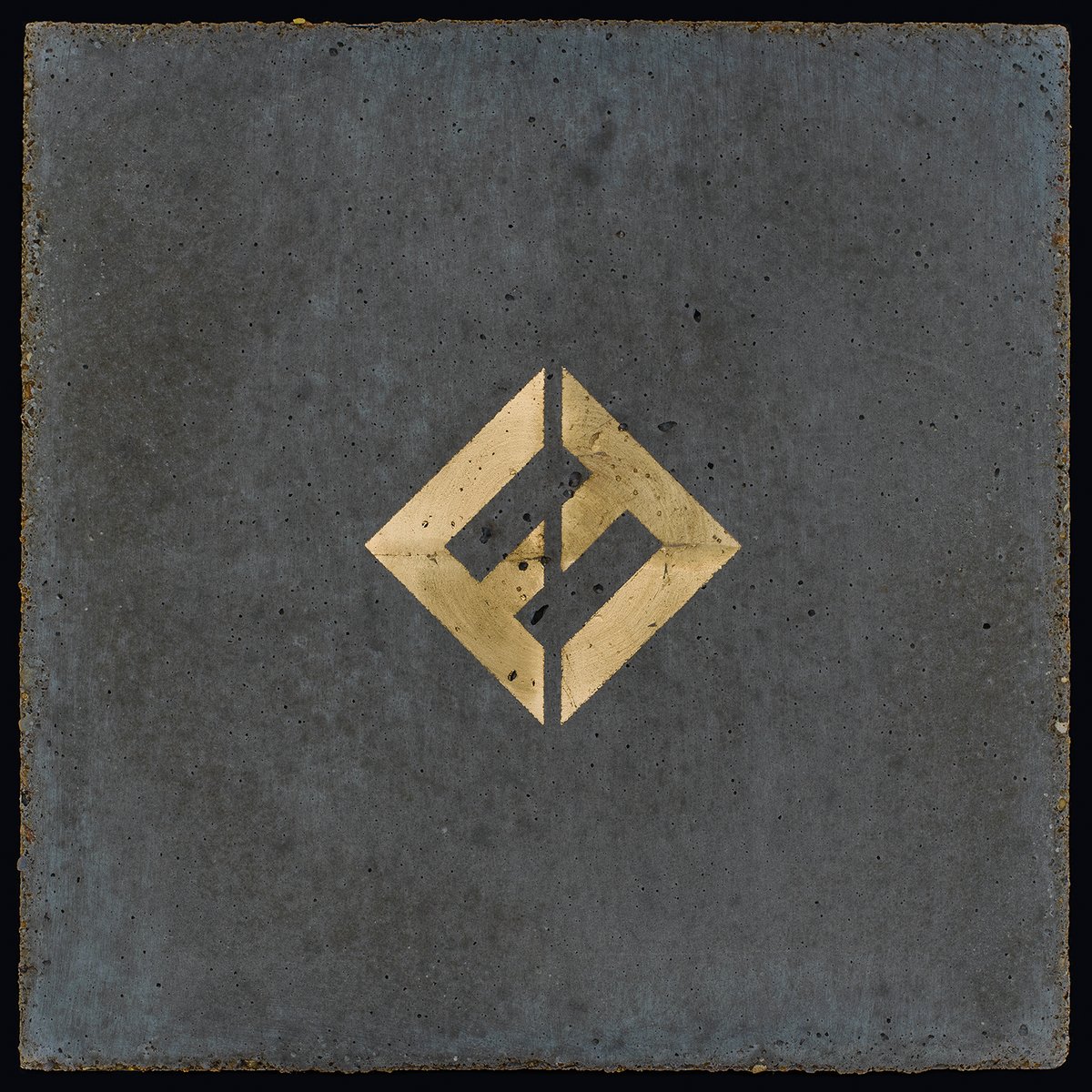They may have taken their name from an old term for UFOs, but the Foo Fighters have always been a down-to-earth bunch. It isn’t so much a matter of personality as it is necessity. Grunge was in an existential state of emergency when Nirvana drummer Dave Grohl started the group in 1994, in the wake of Kurt Cobain’s suicide and his former, legendary band’s resultant demise. Although the tragedy did little to impede the genre’s commercial staying power—there’s no finer industry kindle than a universally-adored martyr—it nonetheless stripped the alternative rock world of its messiah, and left it with lasting psychic damage.
This aesthetic uncertainty formed the backdrop for Foo Fighters’ eponymous debut in 1995, wherein Grohl and co. unveiled their balm for the identity crisis: a return to hard rock orthodoxy, crunchy, arena-friendly comforts of the past—or, as Grohl puts it, “real music.” It was a smart move across all verticals. 23 years later, the Foo Fighters are not only the world’s biggest hard rock band, but global ambassadors to the genre writ large. Their last long player, 2014’s Sonic Highways, accompanied an HBO series which found them touring the country’s regional rock scenes in an extended, audiovisual history lesson. Next month, HBO will screen yet another documentary starring the band, this time chronicling their performance at the mighty Acropolis, in Athens, Greece.
That the Foos’ nearly quarter-century together has produced little in the way of artistic development is exactly the point. Grohl and his pals never set out to write the gospel on modern rock—they only sought to preach it, hammering it into our heads by way of biting hooks and anthemic melodies. There’s more than enough red meat to go around on Concrete and Gold, the band’s ninth album. That’s a bit remarkable considering they cut it with Greg Kurstin, a musician and producer best known as one half of art-pop duo the Bird and the Bee, as well as a collaborator with the likes of Adele (whose smash “Hello” Kurstin produced and co-wrote), Sia, and P!nk. (More ironically, it was one of his pop confections—the Bird and the Bee’s swirling “Again and Again”—rather than a rock song which compelled Grohl to seek out the producer’s help in the first place.)
This isn’t the first time an A-list rock band has linked up with a comparably prominent pop smith in 2017, or even in the past 31 days: Queens of the Stone Age tapped “Uptown Funk” architect Ronson to man the boards for their Villains LP. However, where Ronson often kowtowed to Josh Homme’s devilish whims, resisting the urge to shower everything in synths and brass, Kurstin’s stylistic fingerprints—lush synths, reverb-steeped vocals, tightly-woven harmonies—are smeared all over Concrete and Gold, rendering this the Foos’ most textured, nuanced release to date.
With the exception of “T Shirt,” the album’s acoustic nothingburger of an opening, the album’s opening run is a veritable buffet of prime cuts: the thunderous lead single “Run,” a galloping game of heavy-metal Red Light, Green Light; the trippy stoner rock ripper “Make It Right,” which features a much-trumpeted, barely-perceptible cameo from Justin Timberlake in the form of some staccato la la la; the smoldering, Stones-esque blues ballad “The Sky is A Neighborhood;” and “La Dee Da,” whose funky grooves and shout-along choruses prove, somewhat miraculously, endearing, despite Grohl’s clunky (and by my counts, third) retelling of his capricious childhood in Washington, D.C. At one point, in the same breath, he name-drops MC 5, Whitehouse, and—bafflingly—Death in June. Needless to say, some details should be left in the past.
Following “Dirty Water,” a breezy, slack collaboration with Kurstin’s Bird and the Bee partner Inara George reminiscent of a seaside acid trip (and the album’s most pleasant surprise), the album takes a dynamic nosedive. “Arrows” and “The Line” are the type of unremarkable, perfunctory ragers the band could write in their sleep, with telegraphed dynamic arcs as mind-numbing as they are speaker blowing. “Sunday Rain,” an impromptu, Yellow Submarine-inspired voyage steered by drummer Taylor Hawkins (backed on the kit by Paul McCartney), wears its influences a little too strongly on its sleeve, as does the closing title track, a Sabbath-indebted slog that feels twice as long as its 5-and-a-half-minute runtime. As with all Foo Fighters albums, you win some and you lose some—but the net gain is positive, and for the fans, that’s all that matters.
https://open.spotify.com/embed/album/6KMkuqIwKkwUhUYRPL6dUc





